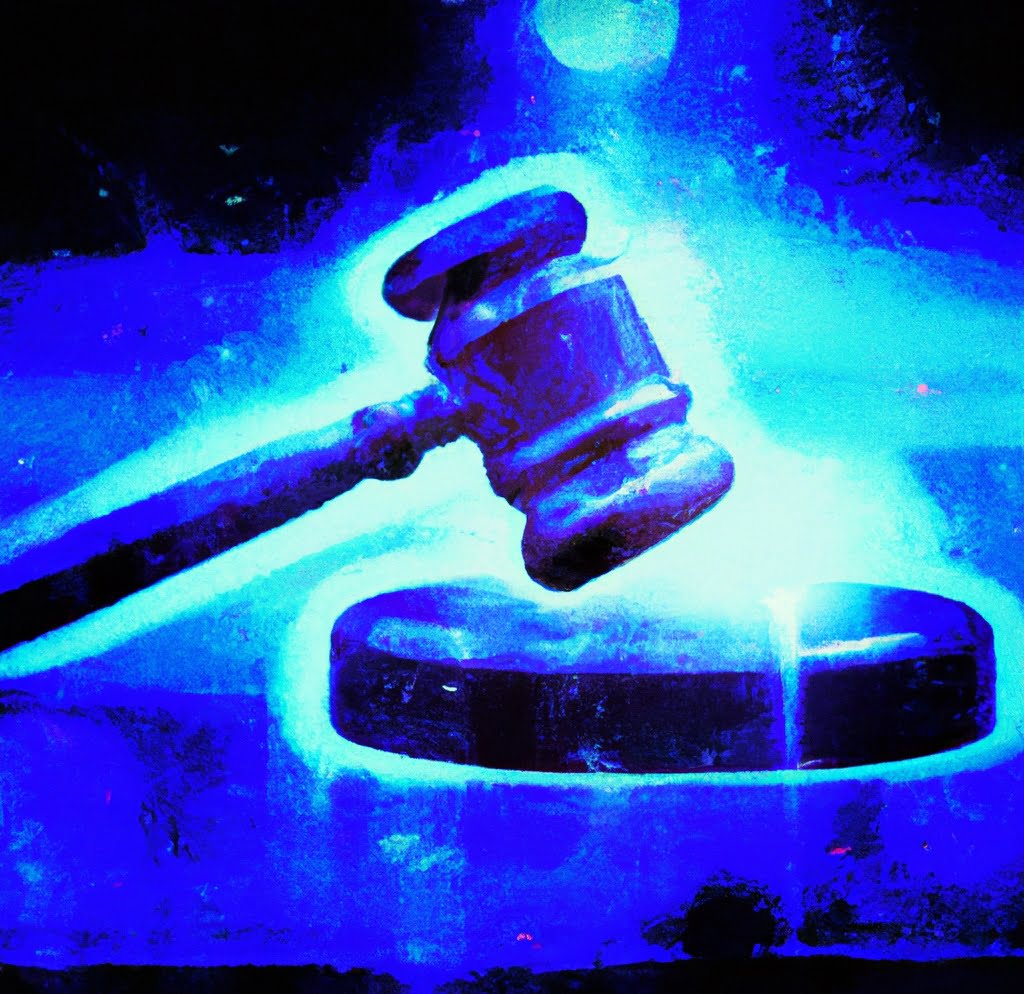Fail to exchange details after an accident
The offence of Fail to exchange details after an accident is a criminal charge in Victoria under section 61 of the Road Safety Act 1986. The maximum penalty for failing to stop and exchange details after an accident resulting in injury or death is imprisonment for up to 8 months for a first offence, and imprisonment for up to 2 years for a subsequent offence. Where the accident did not cause injury or death, the maximum sentence is 14 days imprisonment for a first offence, and one month’s imprisonment for a subsequent offence.

Of course, the maximum sentence is not the only factor to be taken into account in sentencing. Other factors such as the personal circumstances of the accused, the existence of mitigating circumstances and the absence or presence of a prior criminal history may make the imposition of a sentence of imprisonment for this offence unlikely.
Can fail to exchange details after an accident be defended?
Yes, these charges can be defended in certain circumstances. In Victoria, the offence of failing to exchange details after an accident is contained in section 61 of the Road Safety Act 1986. The elements of the offence are as follows:
- The accused was driving a vehicle that was involved in an accident, either with another vehicle or with some property.
- The accident resulted in damage to the other vehicle or property, or injury to another person.
- The accused knew or ought reasonably to have known that the accident had occurred.
- Despite knowing or having reasonable grounds to suspect that an accident had occurred, the accused failed to provide their name and address, or failed to report the accident to police.
- The accused’s failure to stop or exchange details was not justified or excused by any reasonable cause or explanation, such as a medical emergency or threat to personal safety.
If all of these elements can be proven beyond reasonable doubt, the accused can be found guilty of the offence of failing to exchange details after an accident. However, if a single element can’t be proven beyond reasonable doubt, then the charge can’t be made out.


